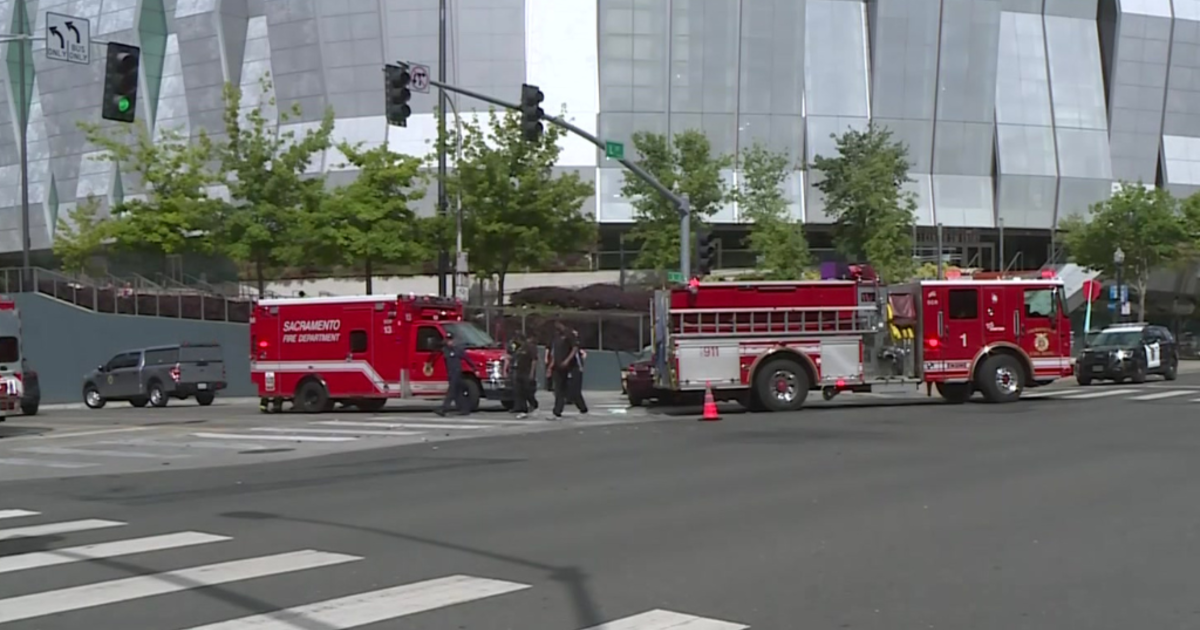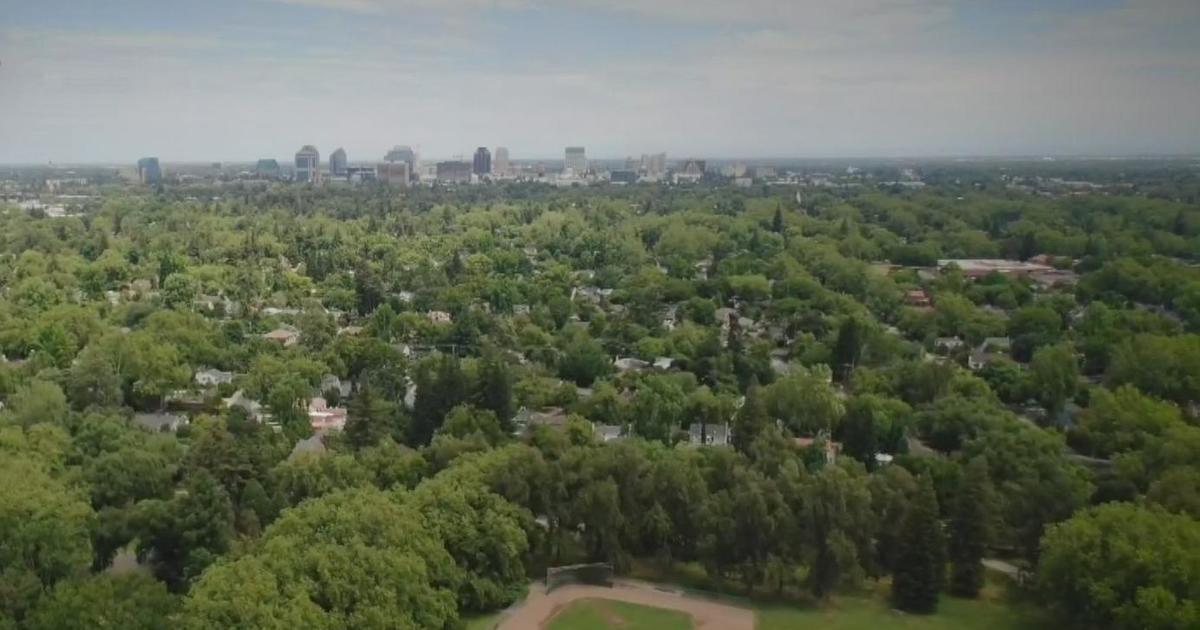The crisis of missing and murdered Indigenous people in California and the push for change
SACRAMENTO -- California is home to the largest Native American population in the country with more than 160 tribes. The state ranks 5th for the country's most cases of missing and murdered Indigenous people. It's been described as an epidemic, an emergency and a crisis by California tribal leaders desperate for change.
California's Superior Court reports further that Native Americans make up the highest rate of missing and murdered people.
"Whether it's our mothers, daughter, sisters, we need them back," said Dustin Murray, tribal administrator for the Shingle Springs Band of Miwok Indians. "Without the spotlight this issue is receiving, a lot of people might just go about their day not knowing this is an issue. Our women and children and people face disproportionately wide amounts of violence of any kind. The unfortunate end is them missing or murdered. The amount of survivors from abuse, stalking, it's higher than any other demographic here."
Murray and tribe Chairwoman Regina Cuellar were both fierce advocates for California's first legislative step to address the crisis of missing and murdered Indigenous people: the state's Feather Alert System that was signed into law in 2022 and enacted in January 2023.
Murray calls the alert a success one year later.
"It means that our voices were heard first and foremost and that the state is backing a solution to this problem," said Murray. "Ever since spring of last year, people know it's a problem and they are not OK with it. The amount of support we have seen pour in from outside the tribal community has been wonderful."
California became one of just a few states to enact a Feather Alert, comparable to an Amber Alert, that allows the state police to send out notifications for people missing from tribal land. It's a hand-in-hand response between tribal leaders and state leaders to collaborate to find the missing.
Qualifications for the alert include people who have disappeared under suspicious circumstances and could be in danger.
Assemblymember James Ramos is the state's first and only Native American assemblymember. He authored the bill to expose a crisis long kept in the dark.
"It's disheartening," Ramos told reporters at a Feather Alert roundtable discussion. "And it had to take a California Indian person to get elected in the state legislature for that state of California to start to shed light on this that's been going on since I was growing up on the San Manuel Indian reservation."
The Sovereign Bodies Institute started tracking the number of missing Indigenous people in California in 2015, saying the average of known cases is about 14 a year.
That means they can assume an estimation of at least 1,700 cases since the year 1900 based on that average. They say the number of cases is expected to be exponentially higher largely due to misreporting and misclassification of Native Americans in official reports.
"I think what's more scary is the inaccuracies that we know exist in collecting this type of data. Those are the reported cases. What about the unreported cases?" asked Murray.
Statistics from the Sovereign Bodies Institute also reveal that 84% of Indigenous women living on reservations fall victim to some type of violence. They are 10 times more likely to be murdered and they make up 40% of victims exploited in sex trafficking.
Many of these cases also have further elements of substance abuse, domestic violence and mental illness.
The work is only just beginning with the Feather Alert system.
Advocates tell CBS13 they're focusing on more state and federal change including creating a national database for missing Indigenous people.
On a more local level, Murray says advocating for funding so tribes can have their own courts and police departments is critical. It's a rare resource afforded to only a few local tribes; Shingle Springs Rancheria is one of them.
Murray says they are on a mission to uplift all tribes and all the missing so their communities can find peace and heal from the past.
"It really does touch every family and every community. I don't think there's a single tribal person in this state that it doesn't affect," said Murray.
No data was provided following CBS13's requests to the California Highway Patrol about how many Feather Alerts have been sent out this year or how many are active. Part of the law includes that the CHP has to submit a report to the legislature about the system's effectiveness within the next three years.



